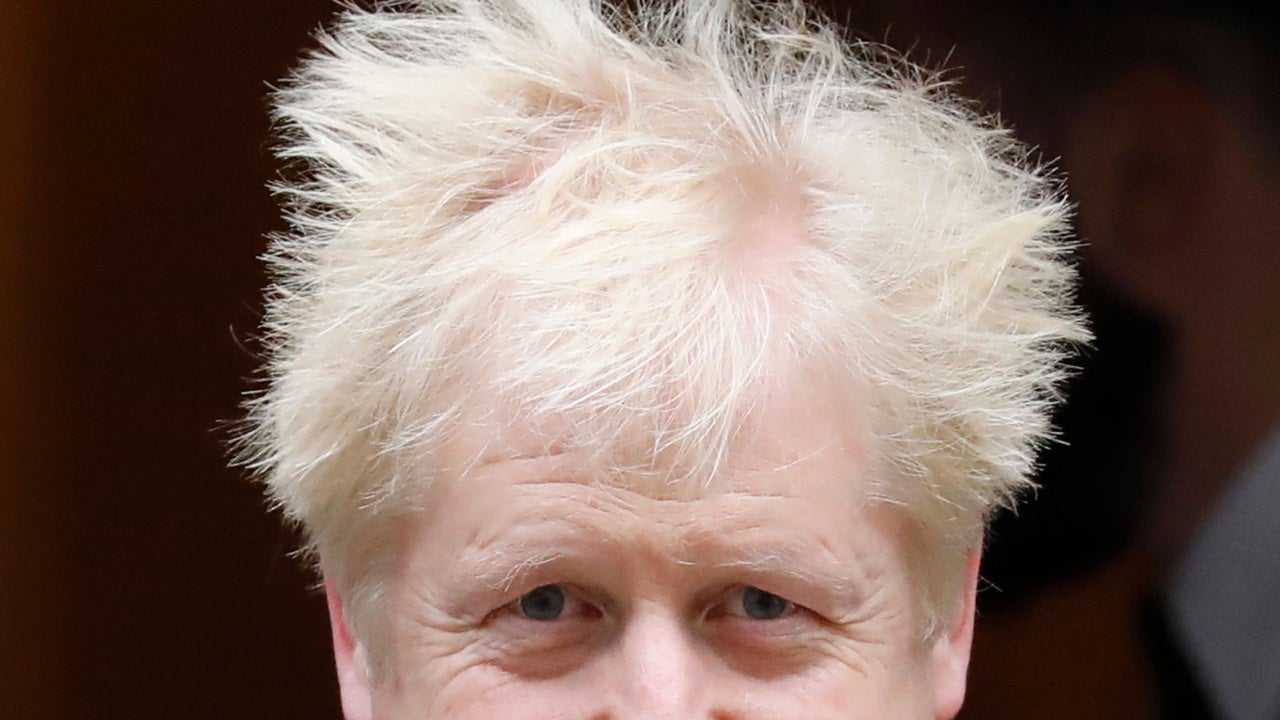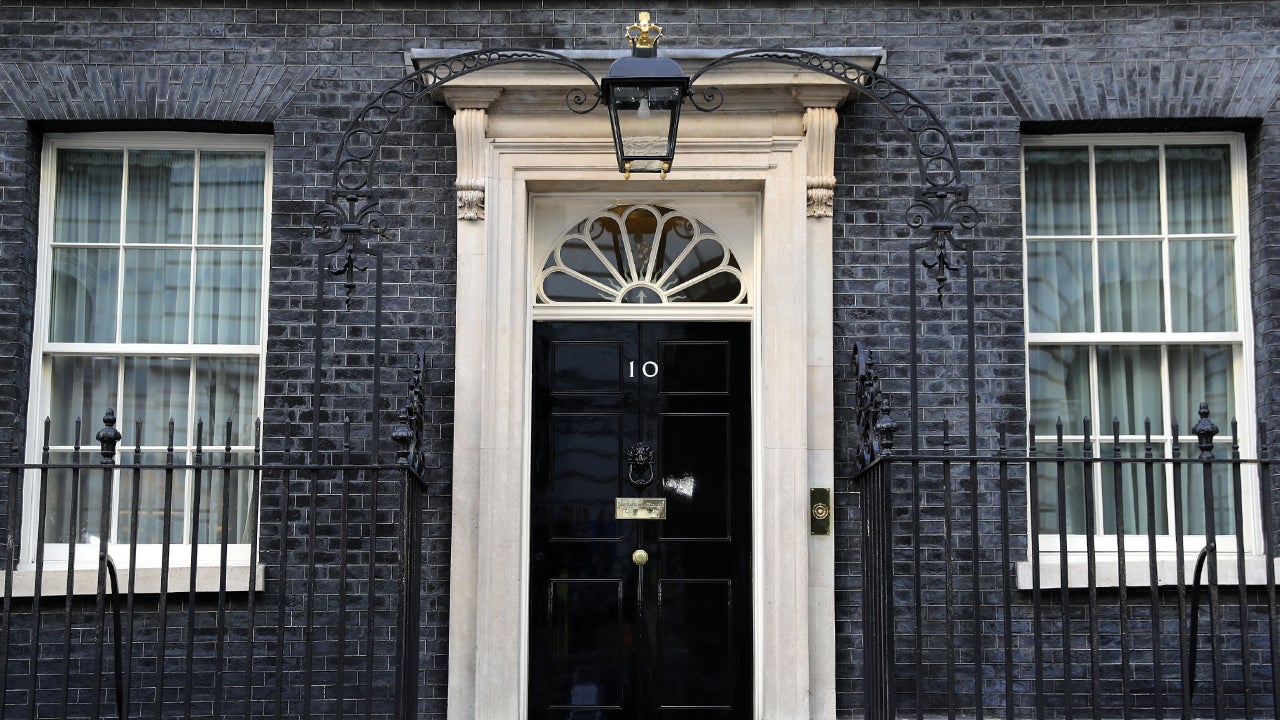The sackings of Northern Ireland Secretary Julian Smith and Attorney General Geoffrey Cox for a perceived lack of personal loyalty to the Prime Minister – and of the Business and Environment Secretaries, Andrea Leadsom and Theresa Villiers, who were seen as less able to drive delivery through their departments – had been widely anticipated.
But the resignation of the Chancellor, Sajid Javid, took Westminster by surprise. Despite the well-known tensions between Javid’s team and No.10 (and between Javid and Johnson’s senior adviser, Dominic Cummings), Javid’s was the one Cabinet position that Boris Johnson had guaranteed during the general election campaign. There were no significant policy disagreements between the PM and his former leadership rival; and their relationship was thought to be sufficiently warm to overcome the breakdown in relations between their advisers.
However, following a period of hostile media briefings from both sides, it seems that No.10 was determined to axe Javid’s key media and policy advisers – and didn’t mind if they lost the Chancellor in the process. Javid, hurt by recent briefings that he was “Chancellor in name only”, faced the choice of accepting a new team of advisers imposed by No.10, which would leave him looking extremely weak; or resigning. And so, he resigned.
New Chancellor, new approach?
The speed with which his successor, Rishi Sunak, was appointed indicates that No.10 had anticipated his decision. With less than a month to go before his first Budget, the PM clearly calculated that plans for the Budget were sufficiently well advanced – and Sunak sufficiently well versed in them from his previous position as Chief Secretary to the Treasury – that Sunak could take over at short notice.
There is now speculation that the dispatch of Javid is an opportunity to abandon the fiscal rules set out in the Conservative Manifesto and allow a looser fiscal policy. However, Sunak is instinctively hawkish on the deficit, previously arguing as a backbencher that “whether one is a Thatcherite or a Trotskyite, the rules of budgeting are the same: one cannot sustainably spend more than one earns”.
Despite owing his position to the PM, he will be well aware that his record as Chancellor will depend, at least in part, on his ability to maintain control of the public finances; and that clear and credible fiscal rules are the Treasury’s principal bulwark against higher spending demands from No.10 and line departments.
That does not preclude a loosening in the short term, with a greater willingness to fund the PM’s spending pledges through higher borrowing rather than some of the unpopular tax hikes floated in the media in recent weeks. But his previous statements suggest Sunak’s medium-term objective will be the same as his predecessor’s: to get the public finances back into balance and debt falling as a percentage of GDP.
On wider issues, with only three weeks remaining before the Budget measures get locked down, the new Chancellor will have limited time to put his own stamp on the Budget. But his record suggests that he will have a particular focus on measures to help boost SMEs, with an eye on capital market financing of start-ups – something Sunak has previously identified as in short supply.
Sunak on government spending
- “Every company I have been involved in sets a budget, as indeed does every household in this nation, and when they do, they operate with these basic principles: first, ‘How much is coming in?’ and only then, ‘How much can I spend?’ For too long, Governments have got that back to front, spending first, ignoring how much is coming in, then letting borrowing endlessly make up the difference.”
- “There appears to be a natural ceiling to what any Government can extract from the pockets of its hard-working taxpayers. That to me suggests a simple conclusion: in normal times, public spending should not exceed 37% of GDP. That is the best estimate of our income as a Government and therefore the best guide to what we can afford to spend.”
Source: House of Commons Hansard
Sunak on SMEs
- “there are few more important ingredients for our nation’s success than growing SMEs. Small and medium-sized businesses account for more than half of private sector employment. They are responsible for three quarters of the jobs created since the recession. They are also delivering social justice—the unemployed are six times more likely to find work with a smaller company… Those companies need the fuel of deep capital markets to power their growth, but despite improvements, it is still not always easy for SMEs to get the funding they need.”
Source: House of Commons Hansard




